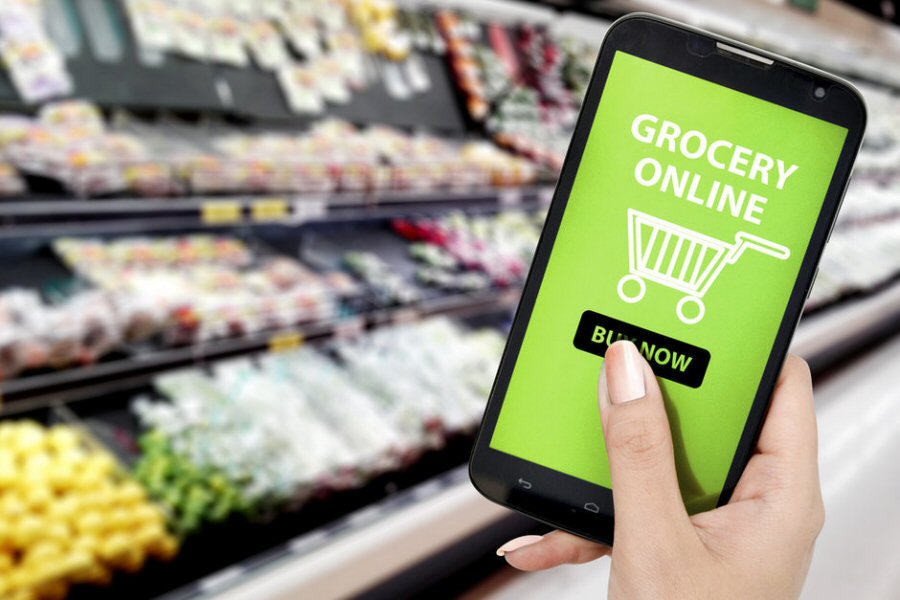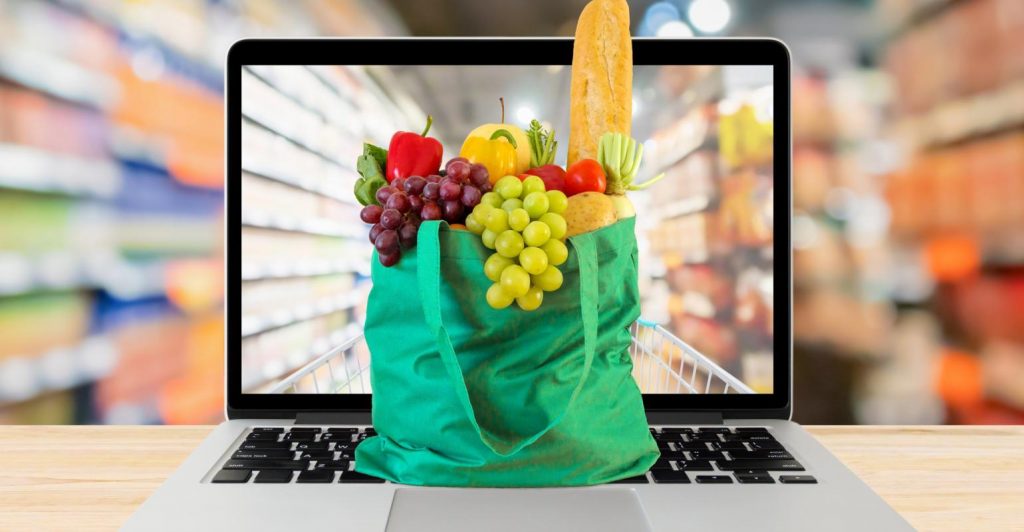
How online grocers are changing the environmental game
Since the beginning of this year, One of the biggest pandemics in the history of our world aside from the black plague and the Spanish flu hit the world and almost everybody that you know has been affected by the outcome of it whether it be them having to quarantine themselves or them being affected by the Covid-19 virus in general. One of the things that came from this pandemic was the fact that people had to start quarantining themselves at home and limiting their exposure to the outside world. People had to start finding different ways to get things to survive because they can’t really make trips every day outside just to get goods.
The outcome of which could be detrimental to the survival of humans because if you were to go out and by some nature get in touch with the virus and spread it to everyone you know could prove fatal because the more people that get the virus and spread it, The more it mutates and learns the immune system of humans better in order to kill us more efficiently.
This means that humans had to look through different streams to get their goods and produce without having to leave the confines of their homes and without getting in contact with the virus. Online grocers came to the rescue and helped all the people around the world by providing door to door delivery while also having a stable platform to shop from online. They also made sure their product was free from contact with the virus. Imagine just having to search for fresh seafood delivery Kuala Lumpur or hair tonic Malaysia and getting it delivered to you. One of the things we learned was the environmental impact of online grocers.

- Carbon footprint
The main thing that people found out was the efficient carbon footprint that online grocers can have from the outset of the chain which starts at the farms where they get the product from to the logistical part of the chain where they get the lorries and trucks to deliver them to the warehouse. The warehouse is also thought to be the most efficient part of this whole process as they don’t have to adjust the temperatures for the climates meaning that the products they store in the warehouses can be kept at lower temperatures ensuring that they won’t rot faster and they can be kept longer. The trucks that are sent out for delivery are also showing improved results when compared to all the cars that drive to grocers on their own because one truck can hold all the produce for more than 30 people at one go which is very economical in terms of a carbon footprint because what would you rather have, 1 diesel truck or 30 petrol cars. The math checks out and it’s better for the environment if you do so.
By taking all of this into account, you can see that the effects of online grocery shopping are way better for the environment. Read all of the interesting articles on katak comel.
